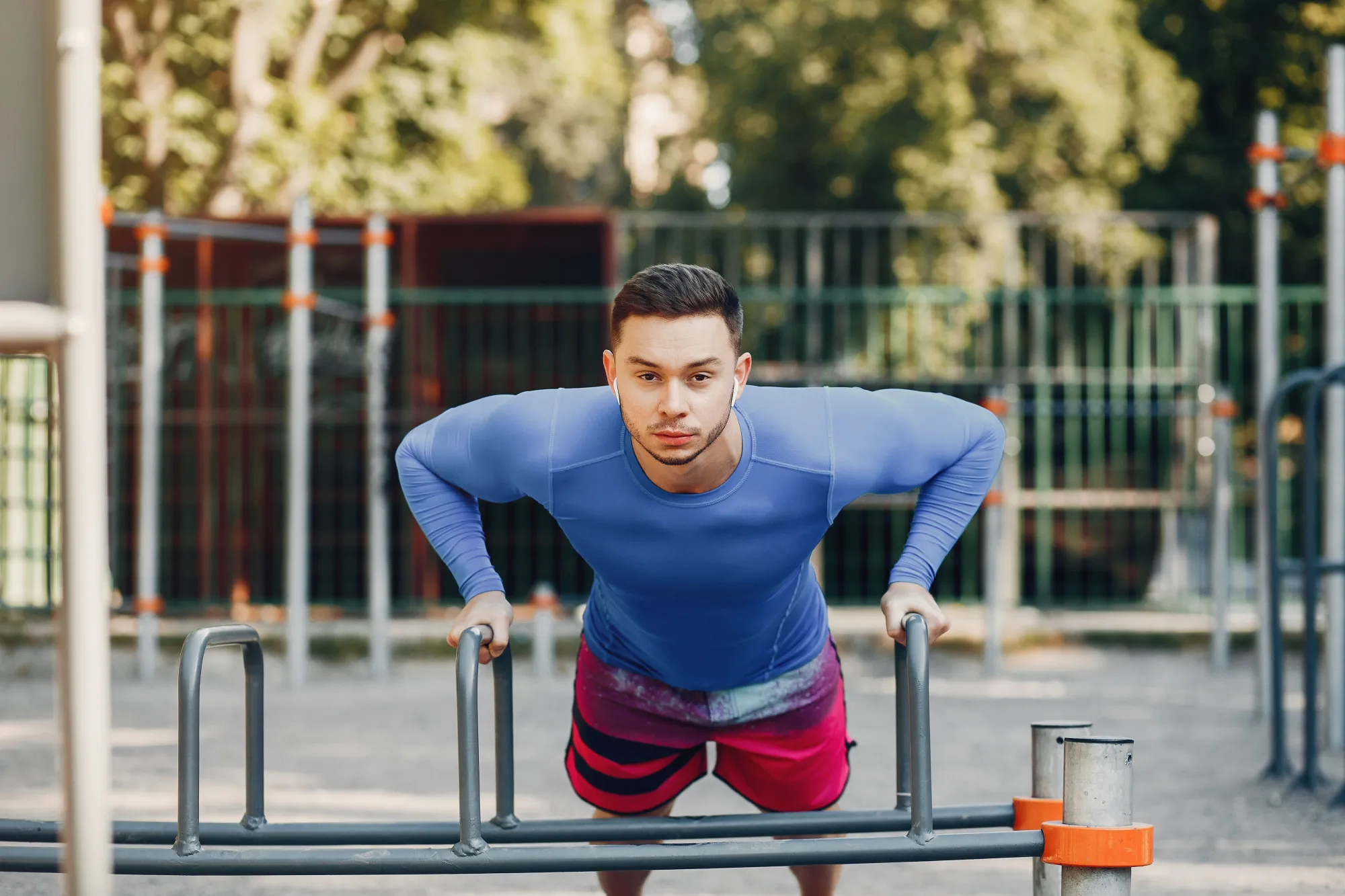In an era where health aficionados and fitness enthusiasts push the boundaries of physical exertion, the long-term implications of high-intensity exercise on various aspects of health are continually scrutinized. An intricate balance exists between the benefits of rigorous exercise and potential collateral effects. One such sphere of influence pertains to male reproductive health. In a groundbreaking study, a team of researchers from China’s leading educational institutions has explored the nexus between high-intensity exercise, spermatogenic dysfunction, and the moderating role of resveratrol. This news article delves into the critical findings of their study, published under the DOI: 10.1186/s12958-019-0486-7, offering a beacon of hope for exercise-induced reproductive challenges.
The Problem: High-Intensity Exercise and Reproductive Dysfunction
Intense physical activity has been linked to alterations in the reproductive endocrine system, with adverse effects manifesting in decreased testosterone levels and spermatogenic dysfunction. A cohort of male Sprague-Dawley rats was pivotal in providing insights into this phenomena. The study, led by Principal Investigator Guo Yuping, initiated at the School of Physical Education, Anyang Normal University, and was a collaboration between prominent Chinese universities.
The Solution: Resveratrol as a Protective Player
Resveratrol, a polyphenolic compound found in red wine and grapes, has been at the forefront of scientific exploration owing to its anti-inflammatory and antioxidant properties. The same team, undaunted by the limitations of human trials, ingeniously applied their hypothesis to animal models, honing in on resveratrol’s potential benefits to counter exercise-induced spermatogenic decline.
Methodology and Results
The meticulously designed study spanned nine weeks and involved three groups: a control group, an intensive exercise group, and a resveratrol-treated group. The intensive exercise group exhibited significant decreases in sperm density and testosterone concentration in comparison to the control group. Heightened levels of pro-inflammatory cytokines and oxidative stress indicators were consistent with disruptions in spermatogenesis.
Conversely, the resveratrol-treated group presented a reversal of these adverse effects. Improved sperm density, increased testosterone and follicle-stimulating hormone levels, reduced inflammation, and alleviated oxidative stress painted a picture of resveratrol’s therapeutic prospects. Histological analysis further supported these findings, revealing a greater number of spermatogenic epithelial cells in the resveratrol group vis-à-vis the intensive exercise group.
Proteomics analysis identified several spermatogenic regulatory proteins such as Clusterin and Zona pellucida binding protein (Zpbp), revealing that resveratrol influenced pathways integral to spermatogenesis.
Implications and Future Directions
The study published in “Reproductive Biology and Endocrinology” (Guo et al., 2019) suggests resveratrol as a viable intervention to ameliorate exercise-induced spermatogenic dysfunction and reproductive hormone imbalance. It sets the stage for future human clinical trials, that may establish resveratrol as a supplementary therapy for athletes and individuals engaging in high-intensity exercise regimes.
References
1. Hackney AC, Moore AW, Brownlee KK. Testosterone and endurance exercise: development of the “exercise-hypogonadal male condition”. Acta Physiol Hung. 2005;92:121–137. doi: 10.1556/APhysiol.92.2005.2.3.
2. Leonard SS, Xia C, Jiang BH, et al. Resveratrol scavenges reactive oxygen species and effects radical-induced cellular responses. Biochem Biophys Res Commun. 2003;309:1017–1026. doi: 10.1016/j.bbrc.2003.08.105.
3. Elmali N, Baysal O, Harma A, et al. Effects of resveratrol in inflammatory arthritis. Inflammation. 2007;30:1–6. doi: 10.1007/s10753-006-9012-0.
4. Wu C, Zhang Y, Shen Q, et al. Resveratrol changes spermatogonial stem cells (SSCs) activity and ameliorates their loss in busulfan-induced infertile mouse. Oncotarget. 2016;7:82085–82096. doi: 10.18632/oncotarget.12741.
5. Vaamonde D, Algar-Santacruz C, Abbasi A, García-Manso JM. Sperm DNA fragmentation as a result of ultra-endurance exercise training in male athletes. Andrologia. 2018;50:e12793. doi: 10.1111/and.12793.
Keywords
1. Resveratrol Benefits
2. Spermatogenic Dysfunction
3. High-Intensity Exercise
4. Testosterone Levels
5. Antioxidant Supplementation
In conclusion, the riveting findings of Guo Yuping and colleagues elucidate resveratrol’s promising role in mitigating the reproductive repercussions exerted by strenuous physical activity. The therapeutic potential of resveratrol in safeguarding male fertility, amid increasing societal inclinations towards high-intensity workouts, warrants further exploration. The scientific community eagerly anticipates the translation of these results from rodent models to real-world human applications, which could herald a new dimension to sports medicine and reproductive health.
